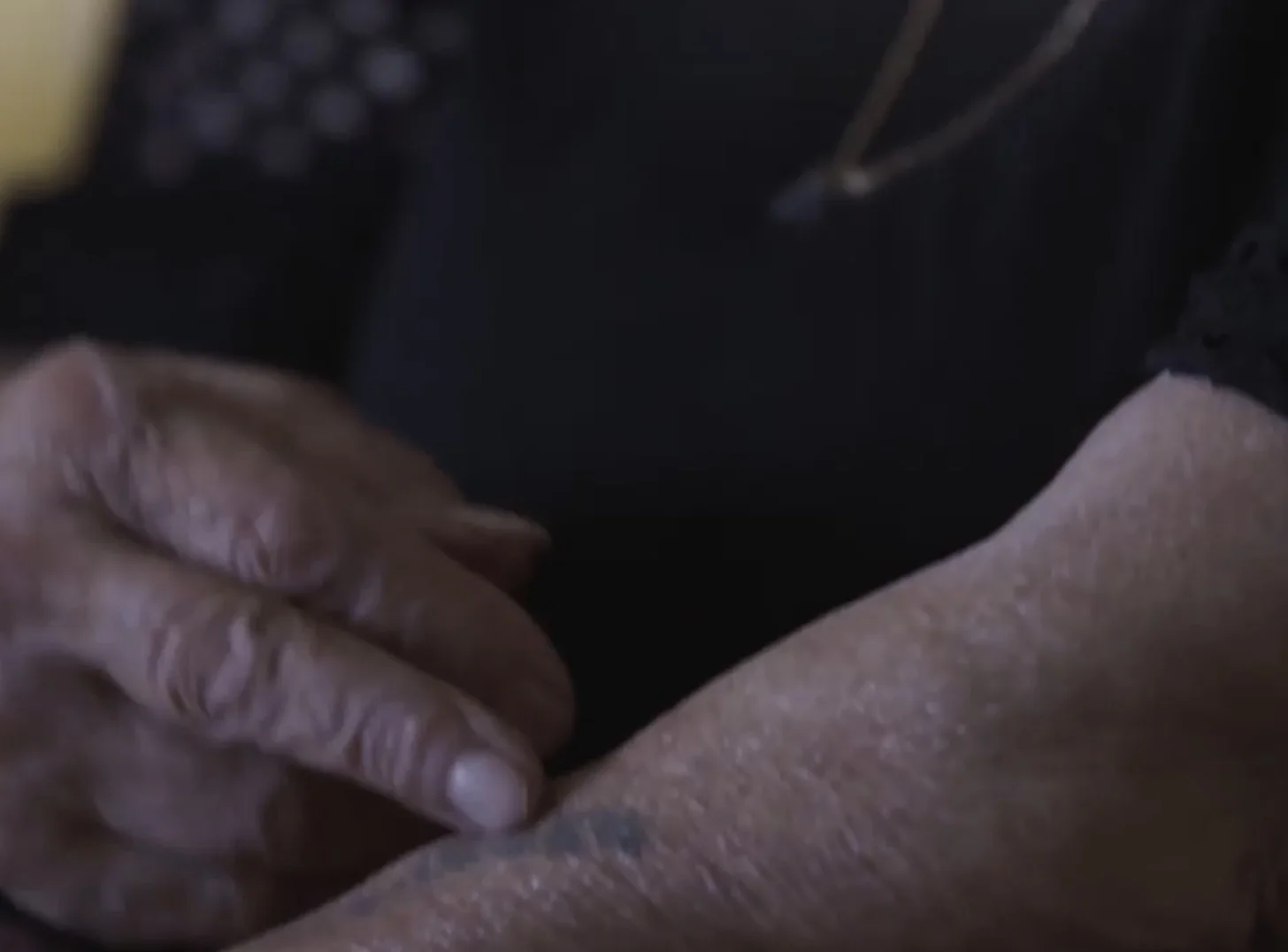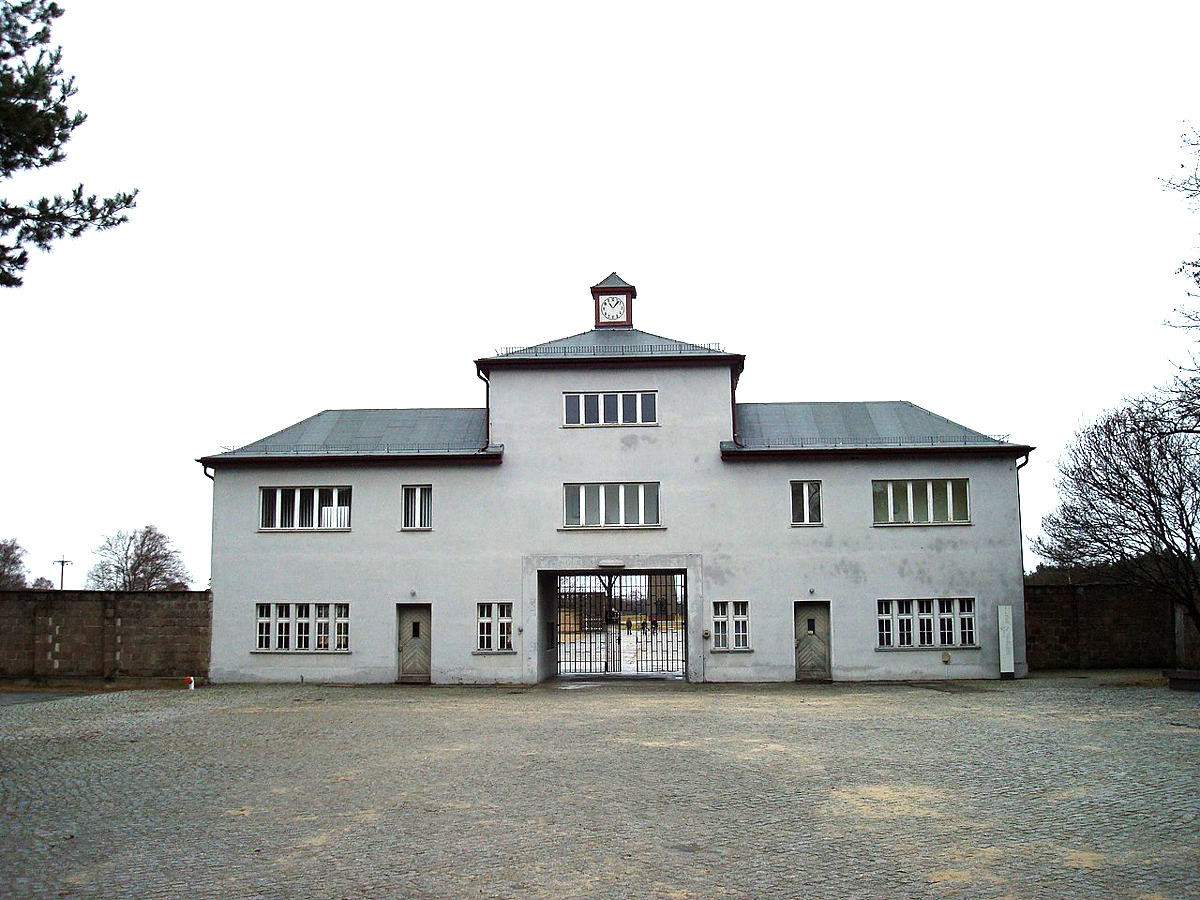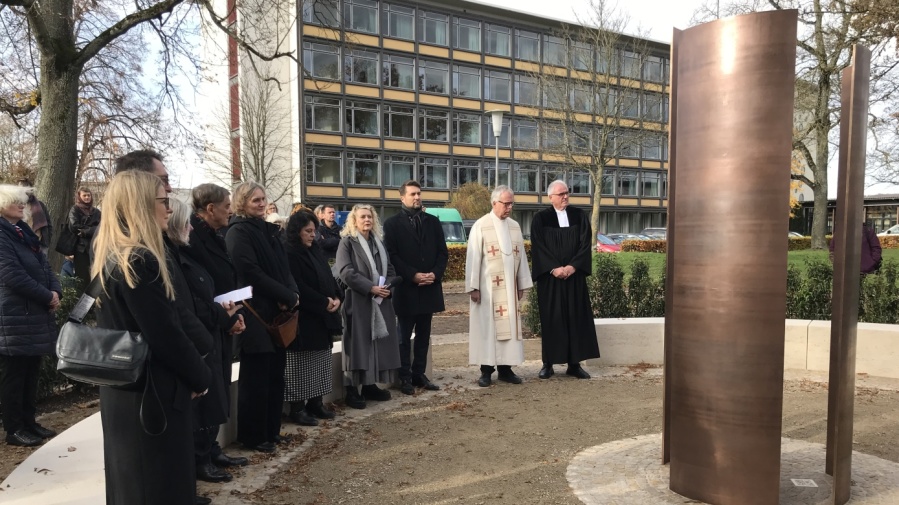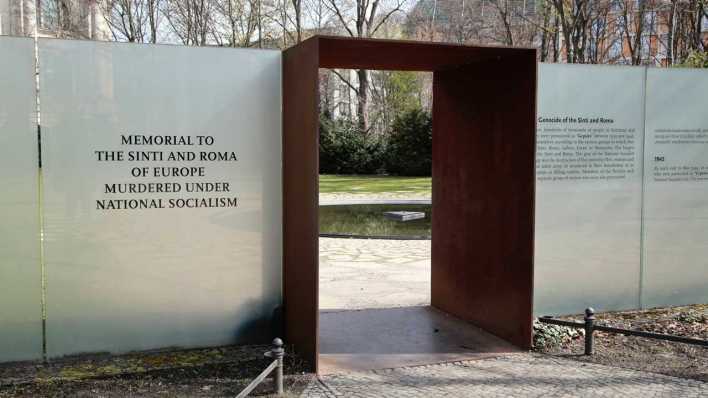The Bremen SPD politician Martin Koroll lost his membership rights in the SPD for the coming two years. On his website, in an opinion on his political goals, Koroll published xenophobic statements against Rroma. The judgment was pronounced by the Social Democratic Party’s arbitration committee. Koroll had proclaimed that Rroma live socially and intellectually “in the Middle Ages”, in an “age-old patriarchal society” in which men have “no inhibitions to send the children to work instead to school, their break their wives’ teeth and treat themselves to steel teeth [protheses].” Many of the young Rroma men, according to Koroll, “melt their brains by sniffing adhesives vapours” (Zier 2013). Koroll’s opinions were since a long time on his website, but only became a public topic after his entry into the Bremen state parliament. The SPD distanced himself decidedly from Koroll’s statements and expressly emphasized that these were his views and not those of the SPD. Therefore, procedure for his expulsion from the party was submitted and remains pending. The Young Socialists of Germany commented on the non-exclusion of Koroll as a non-logical decision. Koroll has “made populist slogans socially acceptable.” Koroll commented on the measures against him as a being “educationally and politically misplaced” (Zier 2013).
Frenzel (2013) provides information on the trip of the Neuköln Education Councillor Franczisca Giffey to Romania. Giffey travelled to Romania to meet with interest groups and politicians in order to assess the future development of the migration issues between the two countries. In her interview with the Daily Mirror, the Education Councillor confirmed the glaring poverty gap between Germany and Romania and the social disintegration facing the Rroma. She also noted glaring contradictions between statements by government politicians and those of NGOs. The state politicians stressed that there would be no significant increase in migration flows due to the persons agreement with the EU. The representatives of NGOs noted that there was no sign of a speedy improvement of the economic situation in the country, and that therefore, one should expect many poverty refugees in the future. With regard to life in both countries, Giffey sees a clear difference in terms of the education in Germany, but not in terms of housing situation. In this regard Rroma in Romania often fare better. The Education Councillor wants in particular to ensure that immigrant Rroma do not become welfare cases. The awareness that self-initiative is required needs to be promoted. The controversial issue in the debate in Germany, namely the extent the predicted immigration, is not discussed in the interview.
Barthels (2013) reported on the presentation series “Cineromani – Empowering Roma Filmmakers” in the Collegium Hungaricum Berlin (CHB). To mark the event, current as well as older cinematic works on the life of Rroma are shown. They cover a broad spectrum ranging from self and external views of the Rroma, to religious and sexual identity and to questions the right to stay and to forced deportations. The presentation series can also criticized its renewed exclusion of the Biennale.
Sources:
- Barthels, Inga (2013) Blicke hinter das Klischee. In: Die TAZ vom 4.6.2013.
- Frenzel, Veronica (2013) „Es werden weiterhin Roma kommen“. In: Der Tagesspiegel vom 2.6.2013.
- Zier, Jan (2013) Ab in die Ecke, Genosse! In: Die TAZ vom 3.6.2013.






